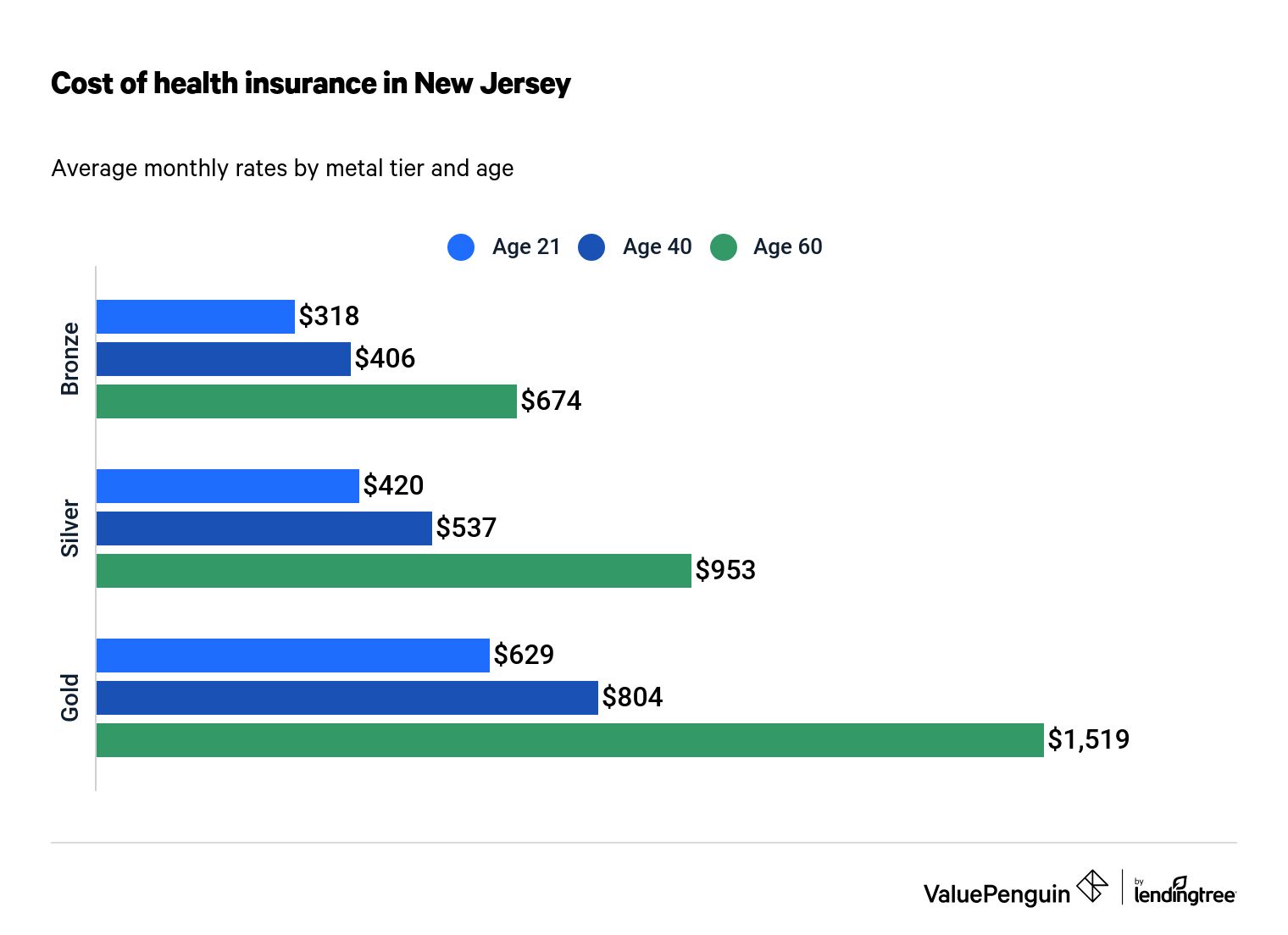
What is premium tax credit?
The premium tax credit program is funded by the federal government and reduces the costs of insurance when you purchase your coverage through Health Insurance Marketplace. It is available to families and individuals with incomes below the federal poverty level who meet other eligibility criteria.
How does it work?
When you apply to the Marketplace for health insurance, you must estimate your family income in order for your insurer to determine the amount of premium tax credits you will receive. This credit is then transferred directly to the insurance company and lowers your monthly premium costs.
If you qualify for premium tax credits, you will be sent a statement called 1095A by your insurer when you buy your policy. The form also provides the IRS with the amount of premium tax credits you have received.
Your premium tax credit is based on your estimated household income and the size of your tax family (yourself, your spouse if filing a joint return, and your dependents). Your premium tax credits will change if either your income or the size of your tax family changes.

What happens if your income is higher than expected?
You may have to return part or all your premium tax credits if you increase your income during the year. The maximum you can pay is 400% of your household income. This is also known as "the clawback."
How does it work if your income changes
Marketplace should be notified of any change in your income as quickly as possible. This will save you money at the end the year when you have to pay back the excess premium tax credit.
The amount that you will have to repay depends on whether your income is over the poverty line or not. Instructions for Form 8962 are available. This form is used to submit information about claiming a credit against the cost of health insurance purchased through the Health Insurance Marketplace.
What is Form 8962?
When you file a tax return, it's important to include the amount you received as an advance premium tax credits in 2021. The amount you owe will depend on how the reconciliation results compare the advance tax credit you received for 2021 to your actual premium credit.
This form is used to reconcile any advance premium credit that you may have received between 2021 and now. This form may be found at your state website or on the IRS website.

IRS: You will need to provide the IRS with the results of a reconciliation of the credit for advance premiums you received in 2020. Line 29 in Part III of your 2021 federal income tax return will show the results.
Some exceptions exist to this rule. If your household income is greater than 138% the poverty line in states which have not implemented Medicaid expansion as part of the ACA, or if the week you receive unemployment compensation begins in 2021. These exceptions do not apply to 2021 income, but only to income reported for that year.